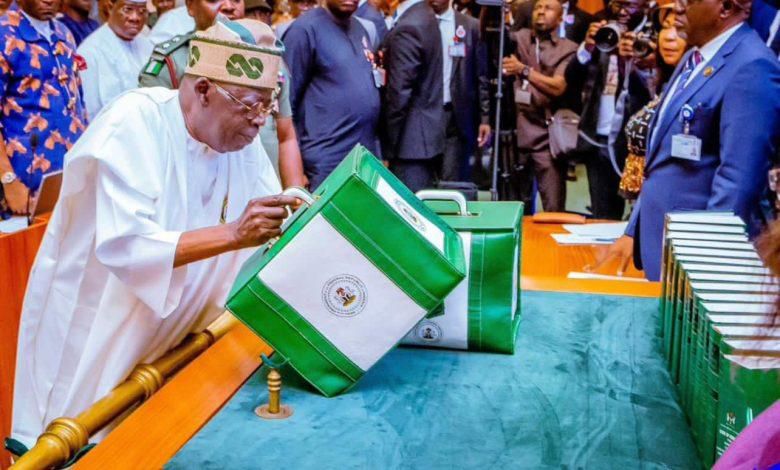In yet another twist to Nigeria’s budget saga, the Federal Government has extended the implementation of the 2024 national budget to December 31, 2025. This marks the second extension for the N13.1 trillion budget, deepening concerns over the country’s growing tendency to operate overlapping fiscal cycles.
The Senate swiftly passed a bill amending the 2024 Appropriation Act, effectively prolonging the capital spending phase across nearly two full years. Despite previous pushback from the House of Representatives against such practices, the move has now become official.
Why the Delay?
Senator Olamilekan Adeola, head of the Senate Committee on Appropriations, defended the extension as essential for ensuring the full use of funds and the completion of major projects. But critics argue this points to deeper issues. Muda Yusuf, DG of the Center for Promotion of Private Enterprise, pointed to unreliable revenue forecasts—especially oil earnings—while Tunde Abidoye of FBNQuest Merchant Bank cited weak budget execution and systemic bottlenecks.
Lawmakers Raise the Alarm
Several senators expressed concern about the implications for Nigeria’s fiscal integrity. Senator Yahaya Abdullahi warned it could erode public trust, while Senator Abdul Ningi questioned if revenue shortages were at the root. Senator Seriake Dickson criticized the heavy focus on politics over governance and lamented the lack of funding for capital projects that benefit the public.
Even Senate Minority Leader Abba Moro, though reluctantly backing the extension, called for reform and transparency from the Finance Ministry, warning that continued delays could make the National Assembly appear toothless.
A Different Tune from the House
On the other hand, some members of the House of Representatives backed the move. Deputy spokesperson Philip Agbese and Committee Vice Chairman Clement Jimbo defended the extension as necessary to finish crucial projects amid revenue shortfalls. Jimbo downplayed fears of overlapping budgets, insisting it wouldn’t cost the nation extra.
What Lies Ahead?
While the extension may help ensure ongoing projects are completed, it also spotlights chronic problems in Nigeria’s budgeting process—poor revenue planning, execution delays, and political distractions. The question remains: is this a practical solution or a reflection of deeper inefficiencies in governance?




